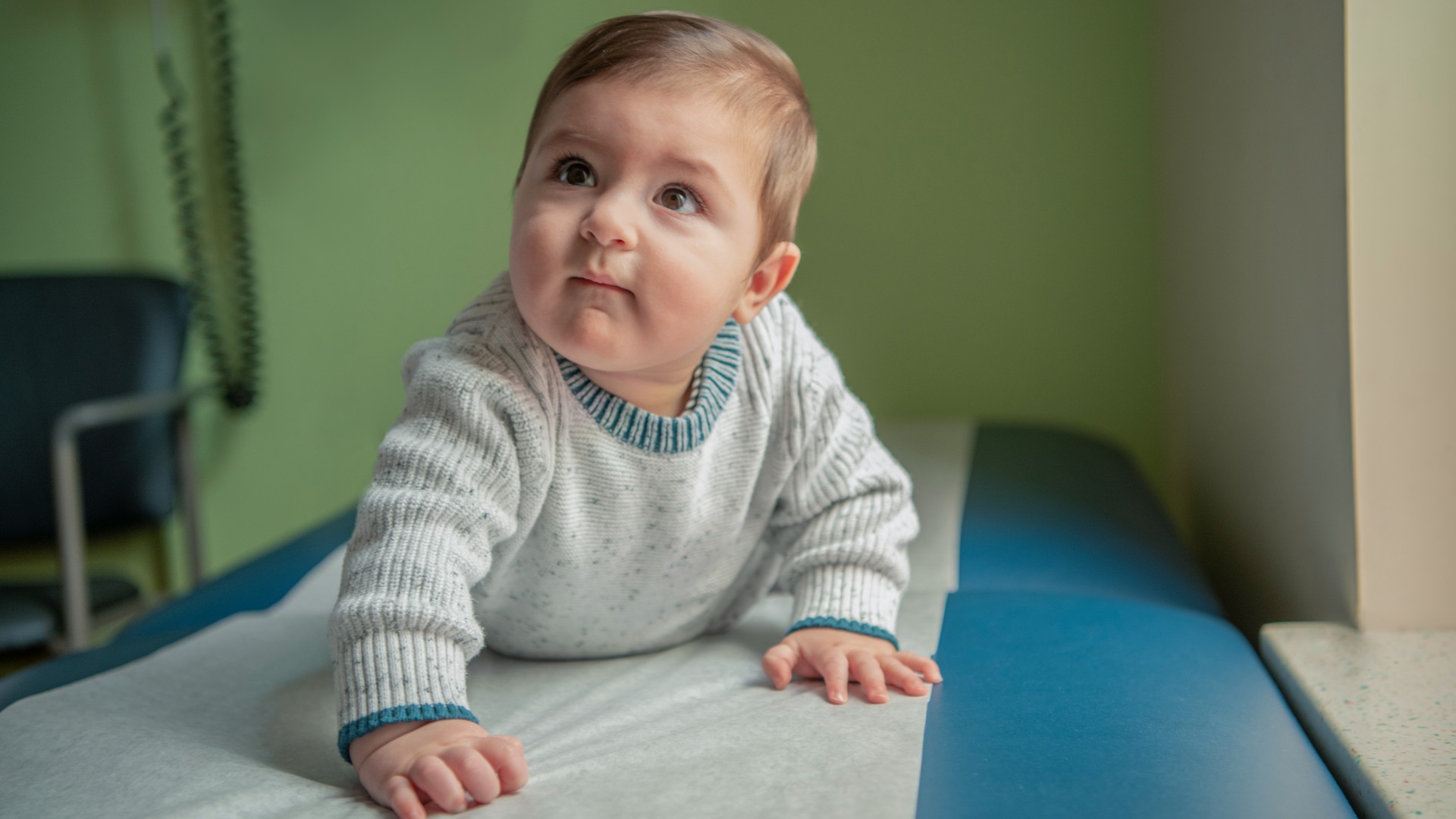Condition
Pediatric Undescended Testes
What You Need to Know
Undescended testes means one or both of the male testes have not passed down into the scrotal sac. This is a condition seen in some newborn baby boys.
Key Symptoms
The most common sign of undescended testes are:
- When a healthcare provider can't feel the testes during an exam
Diagnosis
Doctors typically diagnose undescended testes by:
- Physical examination
- Ultrasound
- MRI
Treatment
If treatment is needed, it may include:
- Surgery
- Hormone therapy
Schedule an Appointment
Our pediatric specialists provide personalized care for your child’s physical, mental and emotional health needs. Meet our providers and schedule an appointment today.
Frequently Asked Questions
What are undescended testes in children?
What causes undescended testes in a child?
Which children are at risk for undescended testes?
What are the symptoms of undescended testes in a child?
How are undescended testes diagnosed in a child?
How are undescended testes treated in a child?
What are possible complications of undescended testes in children?
When should I call my child’s healthcare provider?
Meet the Providers Who Treat Undescended Testes
Departments that Treat Undescended Testes

Urology
Children's National is ranked one of the nation's best pediatric hospitals for urology thanks to our expertise in diagnosing and treating disorders affecting reproductive and urinary organs in children. Learn more about this department.

Help Kids and Make a Difference
Invest in future cures for some of life's most devastating diseases. Give today to help more children grow up stronger.







